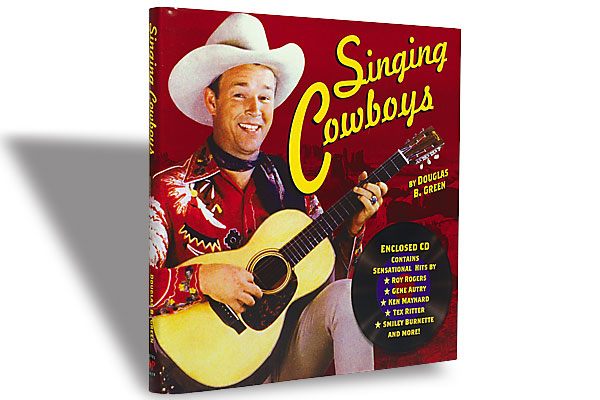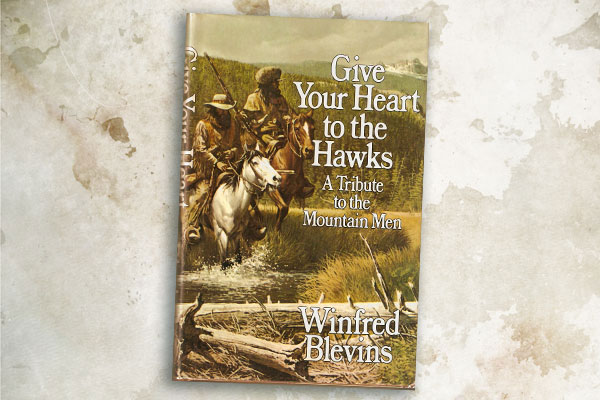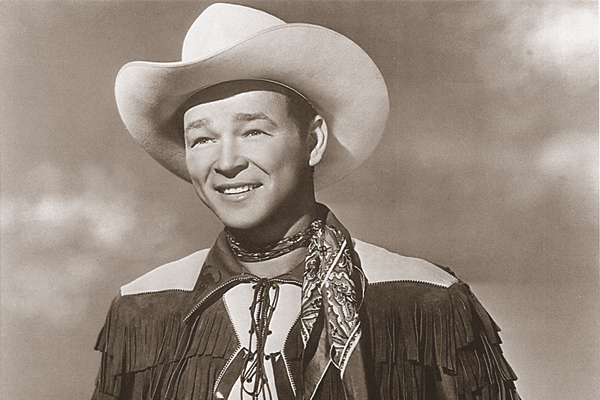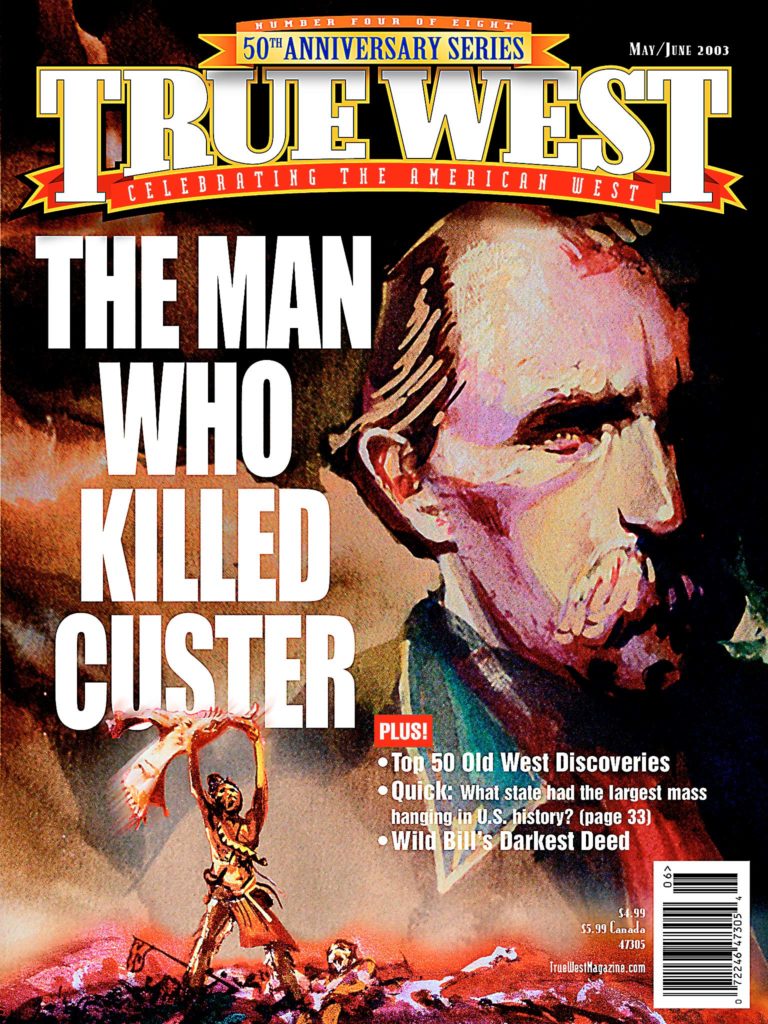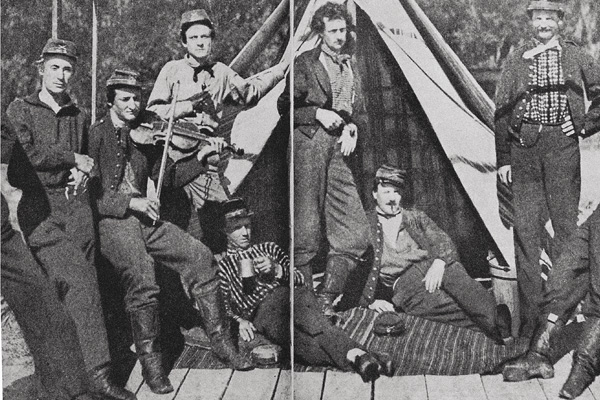 • Mary Shelley’s forever popular monster story, Frankenstein, was published in 1818.
• Mary Shelley’s forever popular monster story, Frankenstein, was published in 1818.
• The timeless classic, “Home Sweet Home” was first sung in 1823.
• The Last of the Mohicans by James Fenimore Cooper, 1826.
• The first American Dictionary of the English Language by Noah Webster, 1828.
• Prophet Joseph Smith’s The Book of Mormon, 1830.
• “Amazing Grace” was published in 1835, although originally penned
in 1789.
• Ralph Waldo Emerson’s Nature, 1836.
• Letters on the Equality of the Sexes and the Condition of Woman, by Sarah Moore
Grimke, 1838.
• Edgar Allan Poe’s Tales of the Grotesque and Arabesque, 1840.
• The song “Buffalo Gals” (a.k.a. “Pittsburgh Gals” or “Louisiana Gals,” depending on where the minstrel was performing), 1844.
• Frederick Douglass’ narrative on his life as an American slave, 1845.
• Stephen Foster’s classic song, which became a pet song of the 49ers during the California gold rush, “Oh! Susanna,” 1845.
• Charlotte Bronte’s Jane Eyre, 1847.
• Henry David Thoreau’s On the Duty of Civil Disobedience, 1849.
• Nathaniel Hawthorne’s The Scarlet Letter, 1850.
• Stephen Foster’s classic song “Camptown Races,” 1850.
• Herman Melville’s Moby Dick, 1851.
• Harriet Beecher Stowe’s Uncle Tom’s Cabin, 1852.
• Walt Whitman’s Leaves of Grass, 1855 (Whitman issued editions until his death in 1892; the last one is known as the “deathbed edition”).
• Charles Dickens’ Tale of Two Cities, 1859.
• George Eliot’s Silas Marner, 1861 (Eliot was a pseudonym for Mary Ann Evans).
• In 1862, the haunting love song “Lorena” made Confederate soldiers so homesick, many deserted. Called “that cursed ballad,” by one general, he ordered his officers to kill the author. Thousands of girls all over America were christened Lorena.
• “When Johnny Comes Marching Home,” was the 1863 favorite of Union soldiers.
• Jules Verne’s Journey to the Center of the Earth, 1864.
• The Negro slave song, “Nobody Knows the Trouble I’ve Seen,” 1867.
• Louisa May Alcott’s Little Women, 1868.
• Mark Twain’s The Adventures of Tom Sawyer, 1876.
• The hugely popular minstrel song, “Oh, Dem Golden Slippers,” 1879.
• Lew Wallace’s Ben Hur, 1880.
• Anna Sewell’s Black Beauty, 1890.
• Arthur Conan Doyle’s The Adventures of Sherlock Holmes, 1892.
• While Robert Louis Stevenson had previously published The Strange Case of Dr. Jekyll and Mr. Hyde in England, he published it in America in 1893.
• “A Hot Time in the Old Town,” in 1896 was one of the first songs to be recorded on wax cylinders for play on the new phonograph machine.
• H.G. Wells intrigued and shocked the world with The Time Machine in 1895, The Invisible Man in 1897 and War of the Worlds in 1898.


